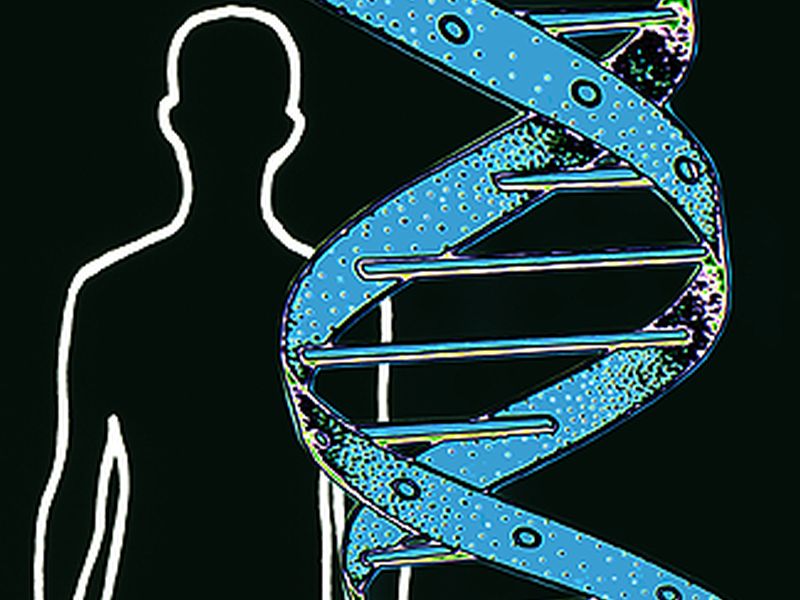

Scientists Spot Genes Behind Crohn's, Ulcerative Colitis
Large study finds key mutations that may be tied to raised risk for inflammatory bowel diseaseThursday, June 29, 2017

THURSDAY, June 29, 2017 (HealthDay News) -- Researchers say they've come closer to pinpointing genes linked with inflammatory bowel diseases such as Crohn's and ulcerative colitis.
For the study, the investigators examined the genomes of nearly 68,000 people. Of the regions of the genome associated with inflammatory bowel disease (IBD), 18 could be traced to a single genetic variant with more than 95 percent certainty.
"We have taken the biggest ever data set for IBD and applied careful statistics to narrow down to the individual genetic variants involved," said study co-author Dr. Jeffrey Barrett, from the Wellcome Trust Sanger Institute in the United Kingdom.
"Now we have a clearer picture of which genes do and do not play a role in the disease. We are zooming in on the genetic culprits of IBD," he said in an institute news release.
The findings could lead to improved effectiveness of current treatments for IBD, as well as the discovery of new drug targets, the study authors said.
In diseases such as Crohn's and ulcerative colitis, the body's immune system attacks parts of the digestive tract. Symptoms can include abdominal pain, cramping, diarrhea, rectal bleeding and extreme fatigue. The causes of the disease are unclear, and there is currently no cure.
For patients with inflammatory bowel disease, medications -- including steroids, immunosuppressants or anti-inflammatory drugs -- are used to slow the progression of disease. If these aren't effective, surgery may be needed.
Inflammatory bowel diseases affect as many as 1.6 million Americans, most of whom are diagnosed before age 35, according to the Crohn's and Colitis Foundation.
The study was published June 28 in the journal Nature.
SOURCE: Wellcome Trust Sanger Institute, news release, June 28, 2017
HealthDay
Copyright (c) 2017 HealthDay. All rights reserved.
News stories are written and provided by HealthDay and do not reflect federal policy, the views of MedlinePlus, the National Library of Medicine, the National Institutes of Health, or the U.S. Department of Health and Human Services.
- More Health News on
- Crohn's Disease
- Digestive Diseases
- Genes and Gene Therapy



























.png)












No hay comentarios:
Publicar un comentario